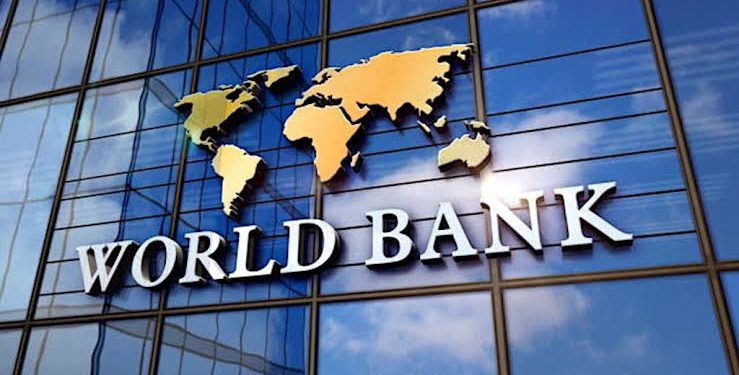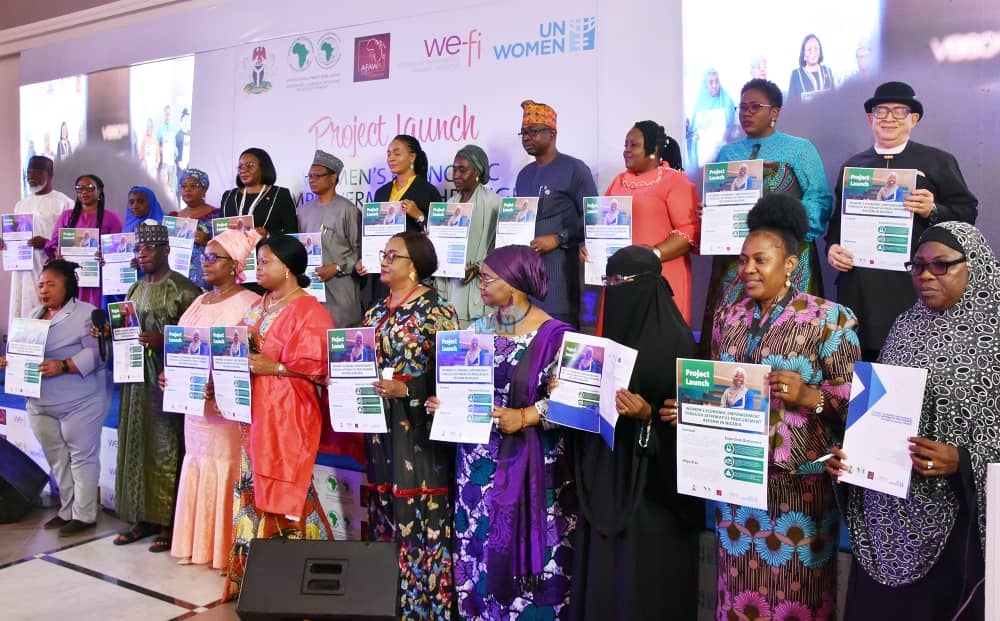The World Bank has approved an extra $65 million credit facility for Nigeria under the Sustainable Procurement, Environmental, and Social Standards Enhancement (SPESSE) project, increasing the total financial commitment to $145 million. The latest approval, granted on June 24, 2025, six days ahead of the earlier scheduled date of June 30 marks a significant step in advancing Nigeria’s efforts to strengthen transparency, governance, and public sector efficiency.
According to the World Bank’s latest update, the project is now officially active, with documentation confirming its transition to the “Bank Approved” stage. This new round of financing builds on an earlier $80 million loan approved in February 2020, which enabled the initial rollout of SPESSE in 2021.
The SPESSE initiative is designed to build long-term capacity within Nigeria’s public and private sectors for managing procurement systems, environmental protection protocols, and social safeguard standards. The ultimate goal is to foster greater institutional accountability, boost procurement efficiency, and ensure that public funds are spent with minimal waste or corruption.
With the additional funding, Nigeria is expected to accelerate the nationwide deployment of the Electronic Government Procurement (e-GP) platform. This digital system is set to transform how the country handles public procurement by reducing red tape, cutting down delays, and improving overall transparency in government transactions. The system is also expected to help curb corrupt practices by automating records and making procurement data publicly accessible.
In a project document published by the World Bank, the institution stated that the additional financing will retain the original project development objective, which is to develop sustainable capacity in managing procurement, environmental, and social standards across both public and private sectors in Nigeria.
The funding will also go into scaling up training programmes that aim to professionalise Nigeria’s procurement workforce. The government has already trained over 33,000 individuals through the initial SPESSE phase, but at least 25,000 more public officers are still expected to undergo certification and training under the new phase.
The initial credit is set to expire by June 30, 2026, while the new financing will remain active until June 30, 2029, giving more time for the continuation and expansion of the reforms.
While the SPESSE project is widely seen as a cornerstone of Nigeria’s broader institutional reform agenda, the approval of new loans adds to the country’s rising external debt obligations. As of March 2025, Nigeria’s total outstanding debt to the World Bank had reached $18.23 billion, up from $17.81 billion in December 2024 and $15.45 billion a year earlier.
According to figures released by the Debt Management Office (DMO), the current World Bank debt includes $16.99 billion owed to the International Development Association (IDA) and $1.24 billion to the International Bank for Reconstruction and Development (IBRD). Loans from the World Bank now represent 39.6 percent of Nigeria’s total external debt, which stood at $45.98 billion as of March 2025. This is a slight increase from 38.9 percent in December 2024 and 36.4 percent in March 2024.
Despite concerns over Nigeria’s increasing reliance on concessional borrowing, government officials and development partners argue that targeted programmes like SPESSE are critical in laying the foundation for stronger institutions and improved service delivery. As the country continues to navigate limited fiscal space, the success of such reforms will depend heavily on how effectively the funds are utilised and whether the initiatives deliver tangible, long-term benefits to the population.
The World Bank and Nigerian authorities are expected to continue providing periodic updates on the progress of the SPESSE project, including milestones achieved, funds disbursed, and results attained across the country’s procurement and governance systems.










